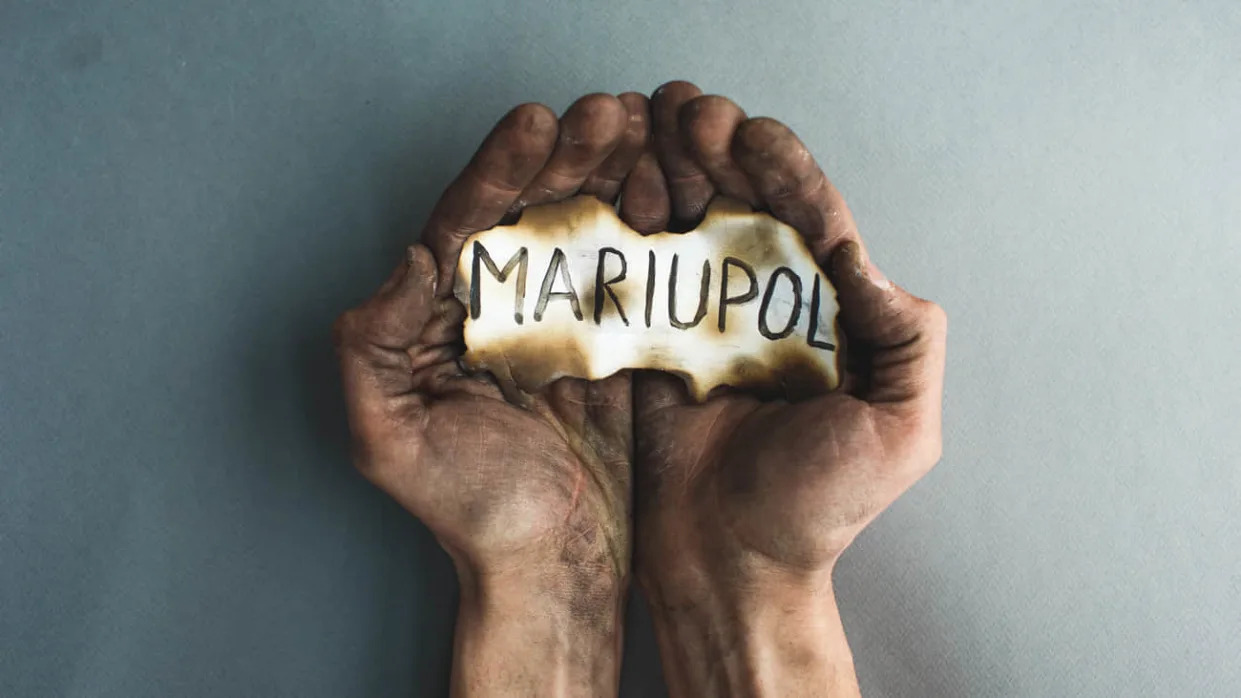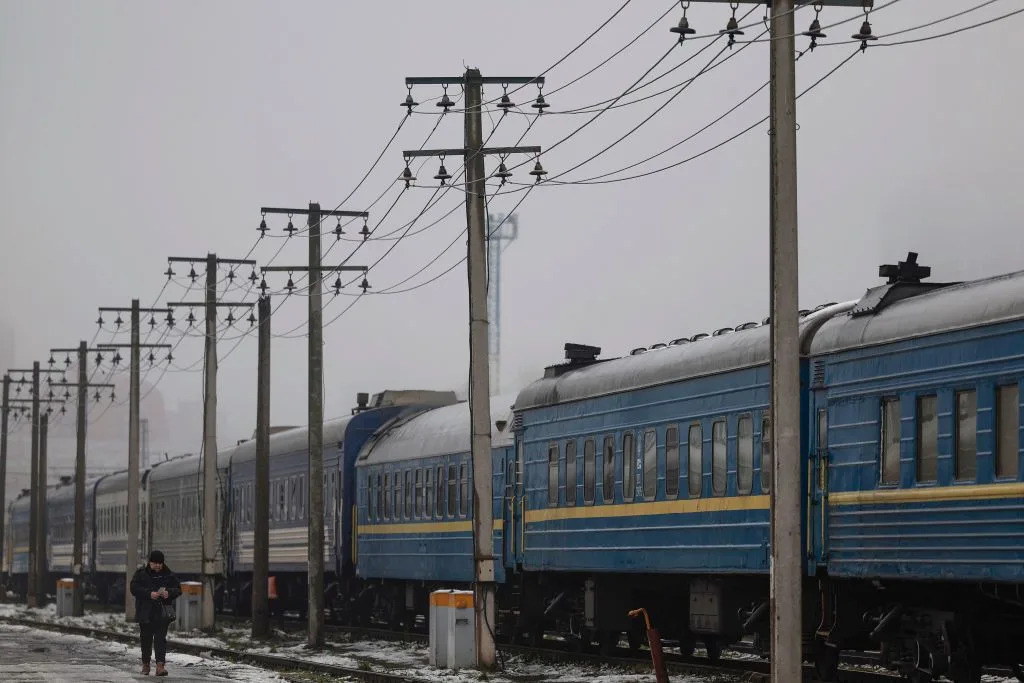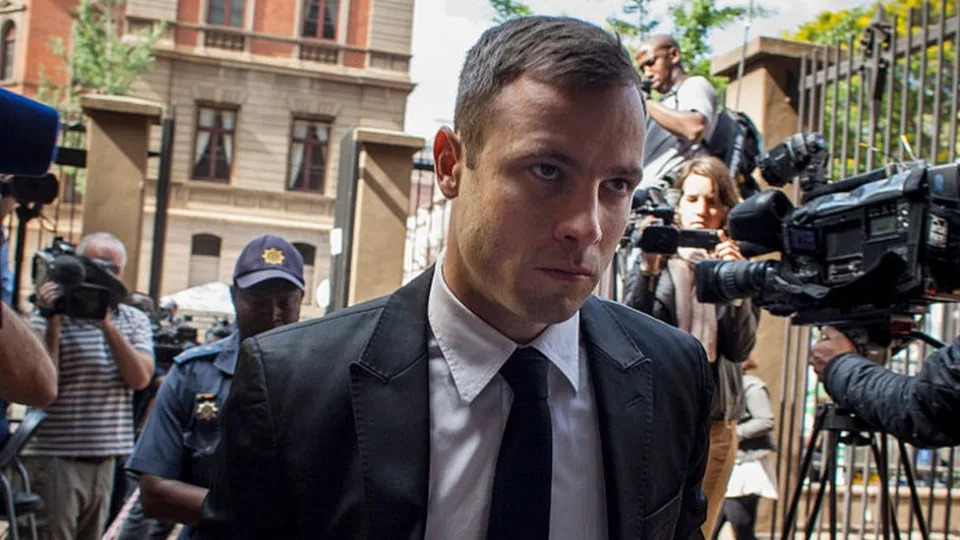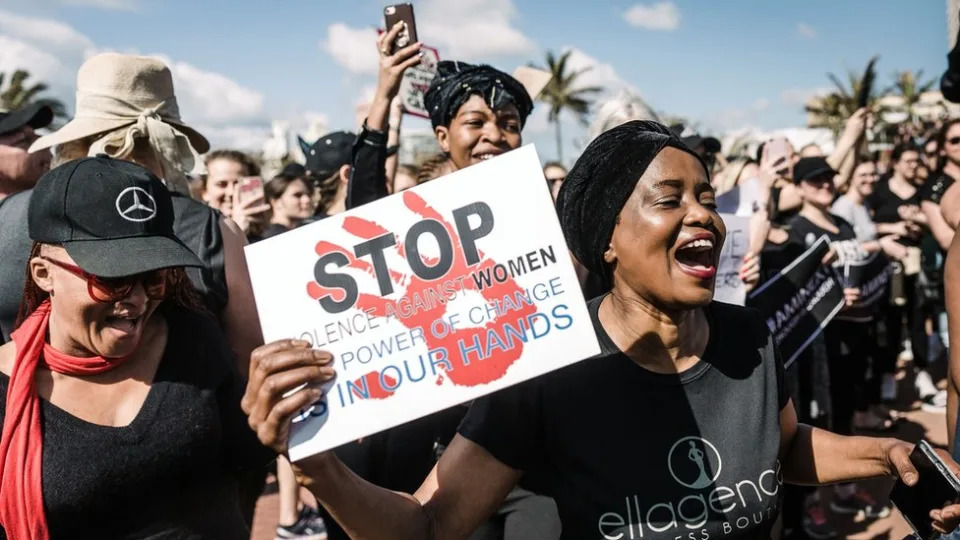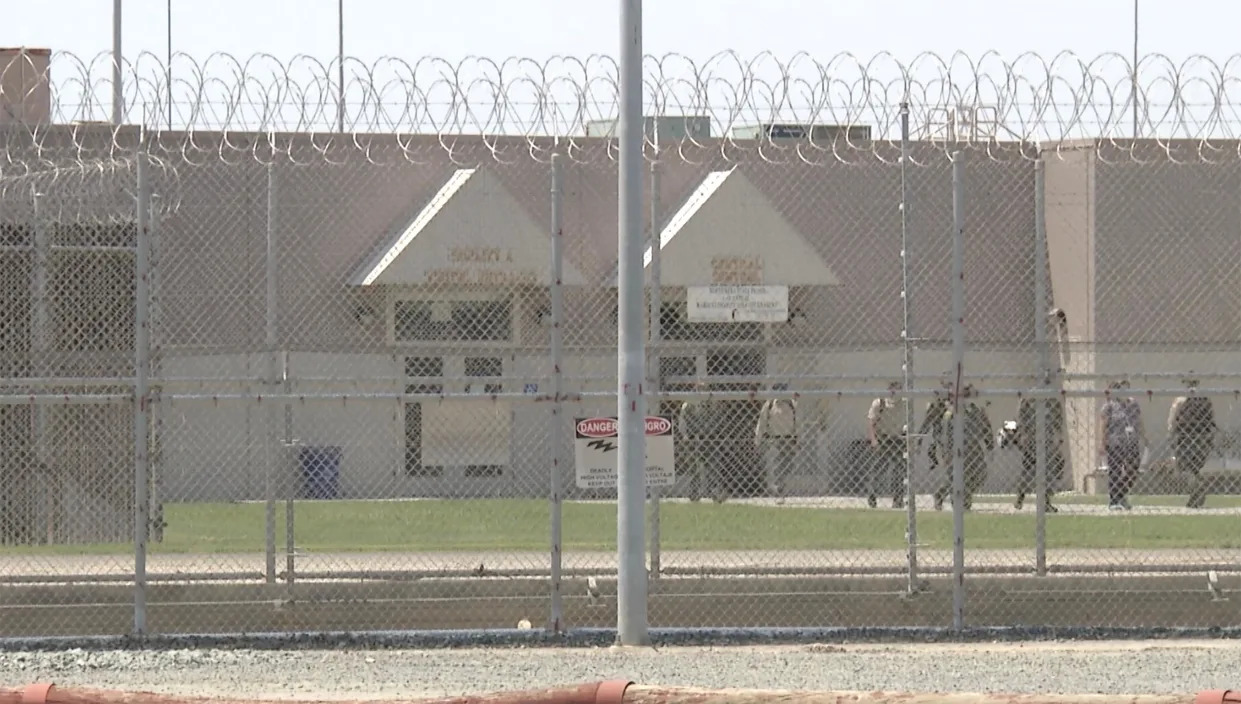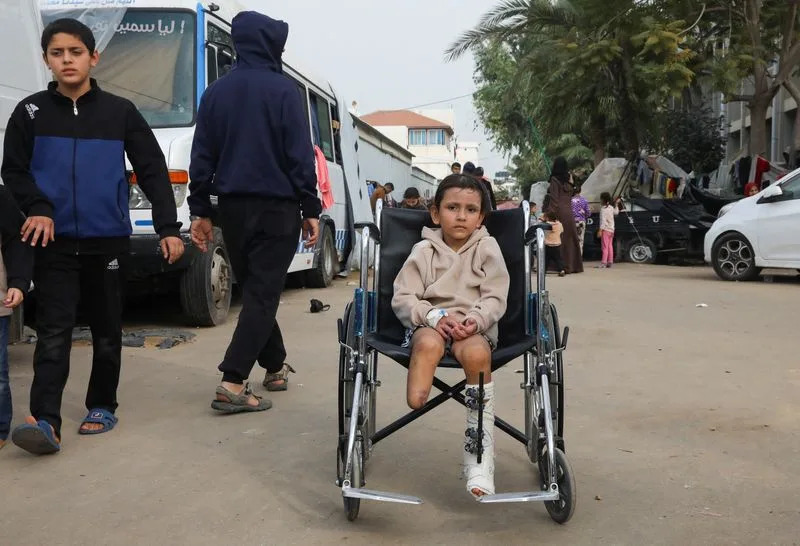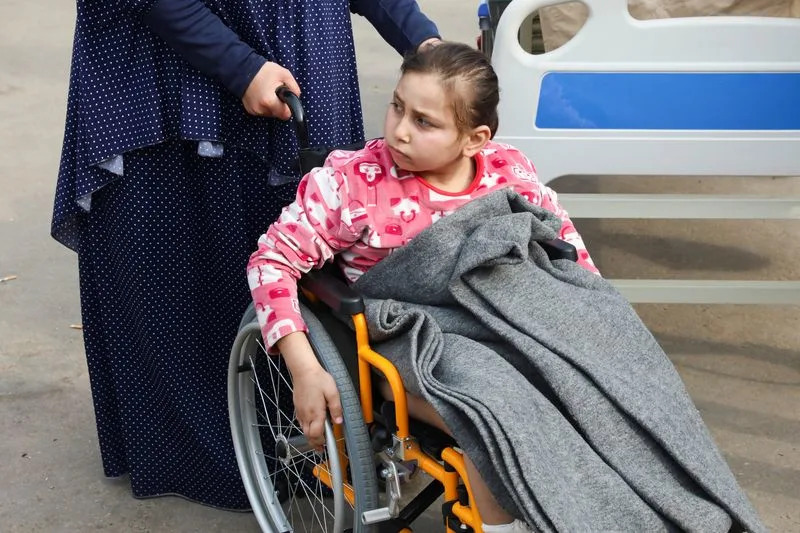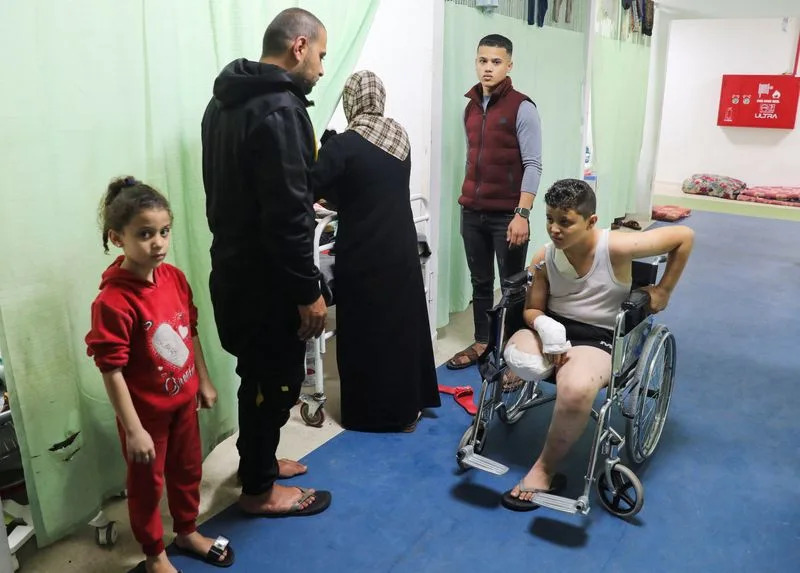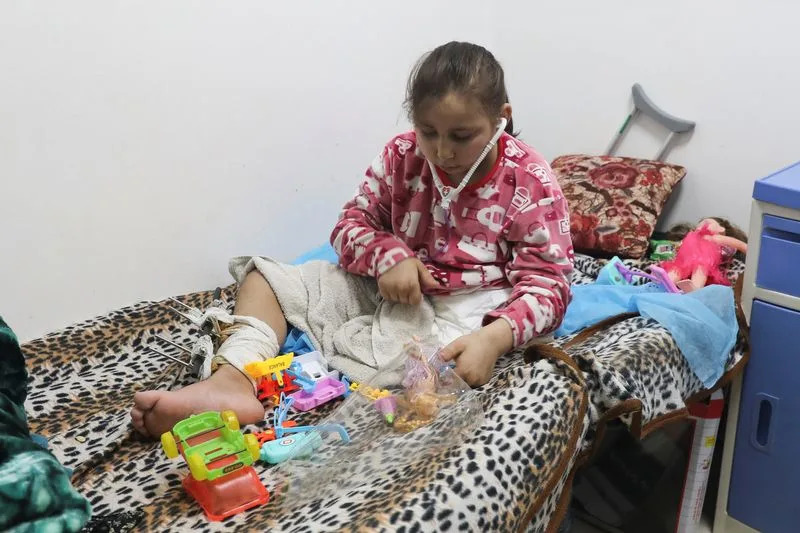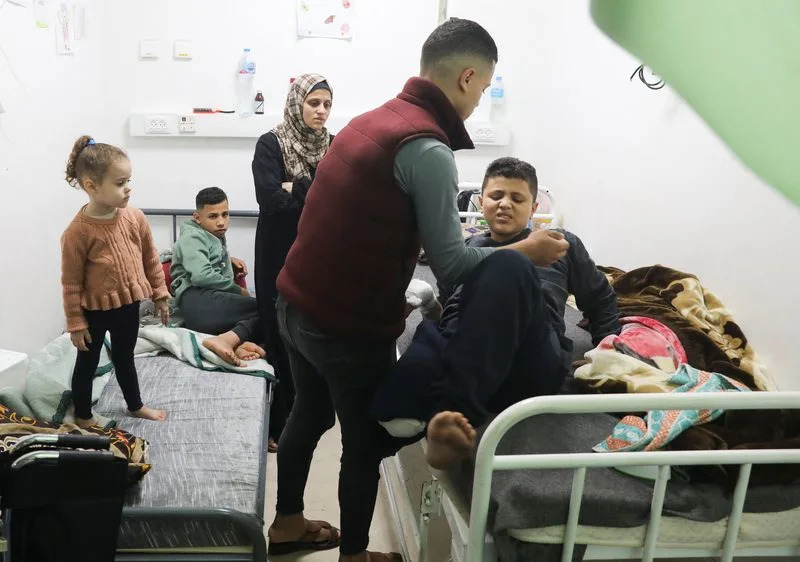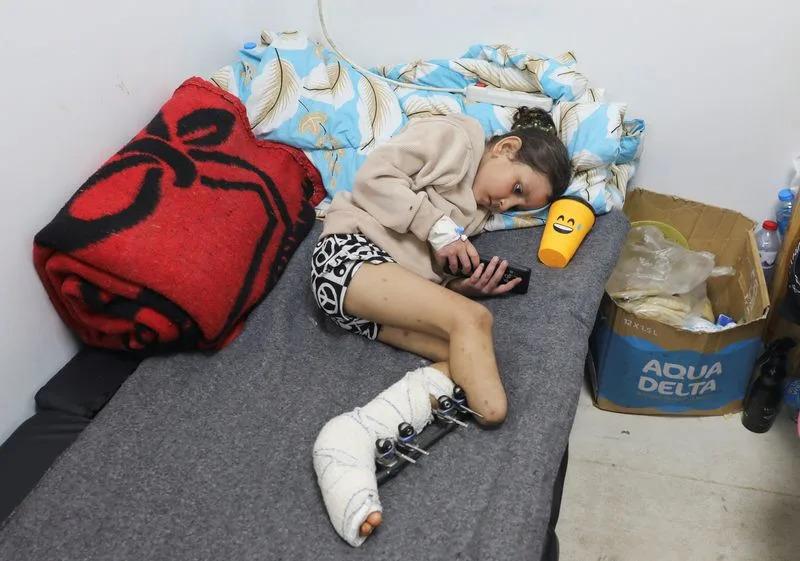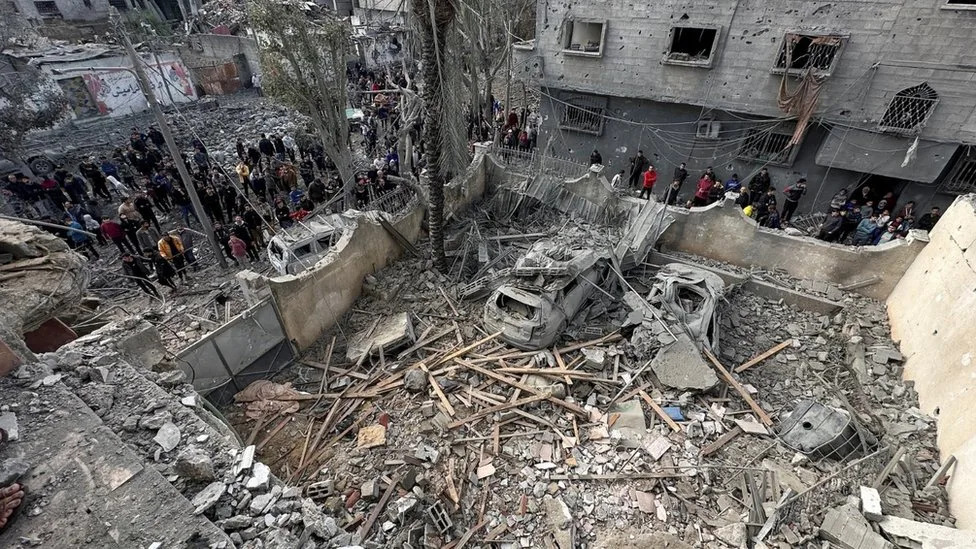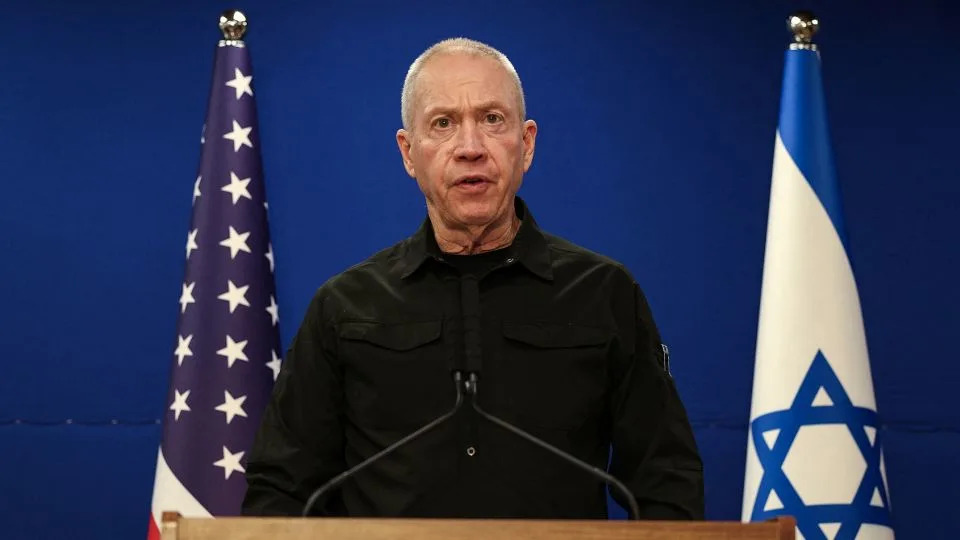Josh Schafer
·Reporter
Fri, January 5, 2024
The US labor market just finished a year that many thought would see a recession with one of the highest 12-month job totals seen in the last decade.
Including an unexpectedly strong December report, the US labor market added a total of nearly 2.7 million jobs in 2023.
Excluding outsized gains from the rebound from pandemic-era firings and re-hiring in 2021 and 2022, the most recent year was the most robust for job increases since 2015 and the third highest since 2000.
"The key reason why economic activity surpassed expectations in the US and actually, globally, is the fact that labor market resilience was a key feature of the economic landscape," EY chief economist Greg Daco told Yahoo Finance. "Businesses, business executives, were keenly focused on ensuring that they had the right talent to navigate this very unusual period of impact."
Entering the year, many economists believed the Federal Reserve's aggressive interest rate hikes would slow the labor market as companies looked to cut expenses and protect profits as the cost of capital increased. But that didn't fully come to fruition.
"You look at these very rapid rate increases, and you're assuming that means there's going to be these kind of catastrophic impacts on the economy," Jefferies US economist Thomas Simons recently told Yahoo Finance.
"But in reality, both the household and the corporate sector are much more insulated from rate hikes than it appeared, and certainly than they have been in previous rate hiking cycles, based on just how they fund their activity."
This unusual reaction to rate hikes, combined with employers struggling to rehire workers after the pandemic, created an economic rarity. After the most aggressive federal interest rate hiking cycles in decades, the unemployment rate was nearly unchanged from where it sat when the Fed began hiking rates in March 2022.
The unemployment rate ended 2023 at 3.7%, just slightly above the March 2022 level of 3.6%. The average unemployment rate for the year, 3.6%, matches 2022's reading as the lowest since 1969.
The labor market also entered 2023 in an obscure predicament.
Sectors like leisure and hospitality, government, and healthcare were severely impacted during the pandemic and were still rebuilding throughout the year. That rebound, combined with more workers joining the workforce, contributed to the surprise in job gains.
With bonuses and other lavish incentives driving job gains, some wondered if the full pool of Americans would ever come back to work. They did, contributing to the quickest labor market recovery in history.
In fact, the portion of prime age workers in the labor market hit an annual average of 83.3% in 2023, the highest average in 21 years.
"The ongoing rebound in participation in the labor force, I mean, it's massive," Bank of America US chief economist Michael Gapen told Yahoo Finance recently when describing why the economy outperformed in 2023. "The numbers are massive."
Another narrative about the labor market also failed to materialize.
At the beginning of 2023, the thinking went that a labor market slowing would force the economy into recession, as less employment would result in less disposable income for consumers powering economic growth. But that, too, didn't play out in a year that was defined by resilient consumer spending.
And part of that spending was driven by resilient wage growth.
Average hourly earnings growth in 2023 ended at 4.3%, the third-highest total since 2008.
Josh Schafer is a reporter for Yahoo Finance.
